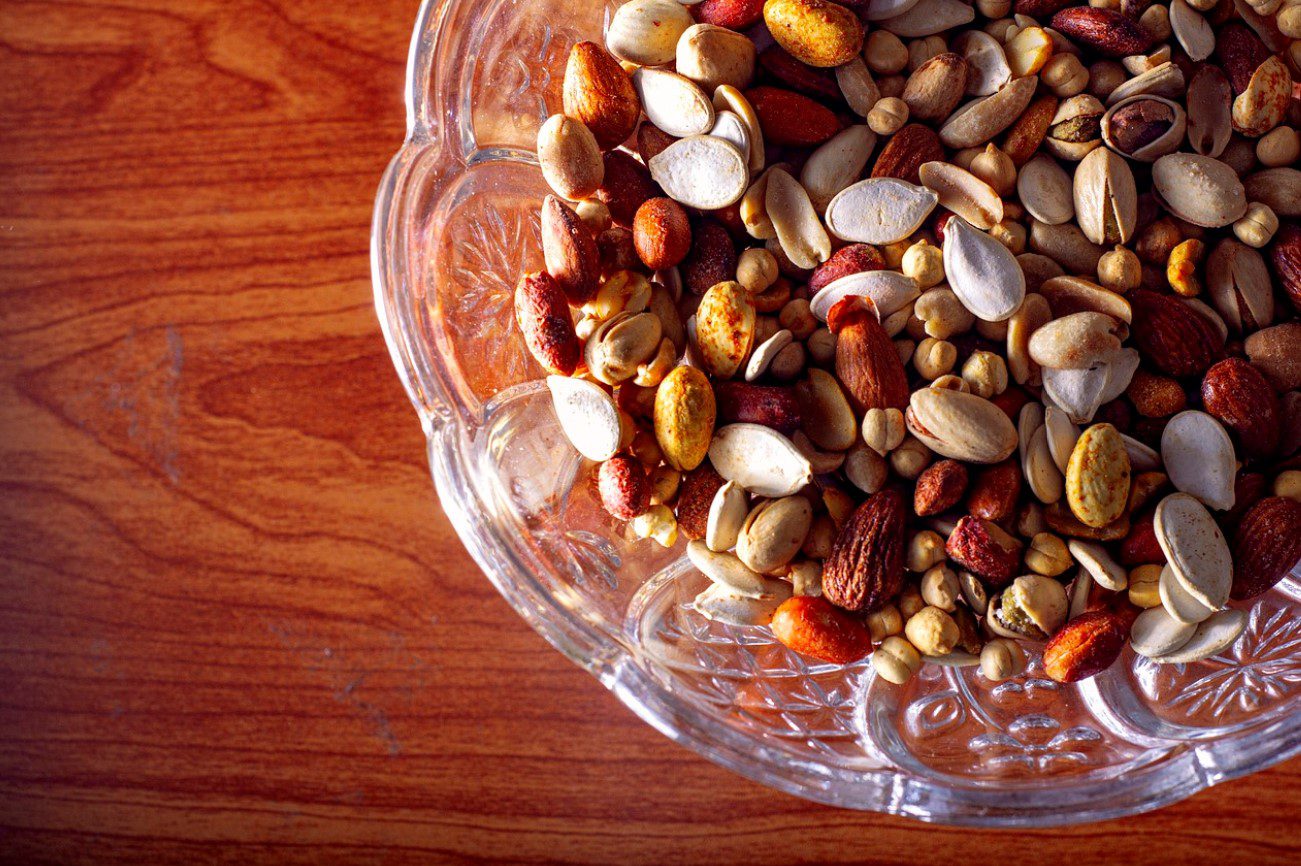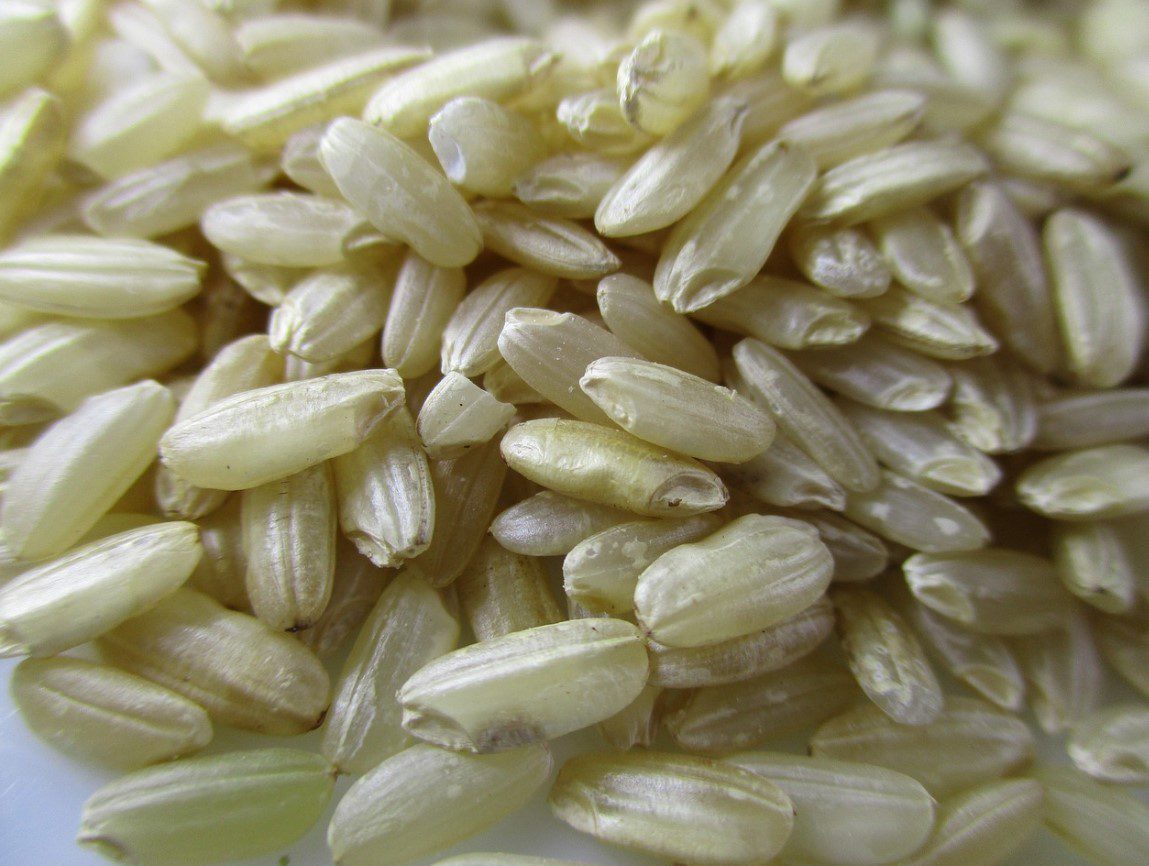Dietary fiber, or just fiber, is the unsung hero of our diets – even deep into the 21st century. We hear about it in health magazines, cereal commercials, and doctor’s offices, but what exactly is fiber, and why is it so crucial for our digestion and overall health?
This indigestible plant material plays a vital role in keeping us healthy and feeling good. From aiding digestion to helping control blood sugar, fiber offers a range of benefits that make it an essential nutrient.
In the 21st century, where processed foods dominate our plates, fiber intake has significantly declined. The apparent shift towards convenience foods, often high in refined sugars and low in essential nutrients, comes with its challenges. This diet can have serious health implications, ranging from digestive problems to chronic diseases. It can cause constipation, weight gain, high cholesterol, and increased susceptibility to illnesses.
Exactly What is Dietary Fiber?
Dietary fiber is a type of carbohydrate that the body cannot digest. Unlike other nutrients like proteins, fats, or carbohydrates, which the body breaks down for energy, fiber passes through the digestive system relatively unchanged.
This unique characteristic allows it to perform several vital functions within the body. It is also often referred to as “roughage” because it adds bulk to your stool.
– Types of Fiber:
Fiber is broadly classified into two categories:
- Soluble Fiber: This type dissolves in water to form a gel-like substance. It can help lower blood cholesterol and glucose levels. Soluble fiber is found in foods like oats, peas, beans, apples, citrus fruits, carrots, barley, and psyllium.
- Insoluble Fiber: This type does not dissolve in water. It promotes the movement of material through the digestive system and increases stool bulk, which can be beneficial for those who struggle with constipation or irregular stools. Insoluble fiber is found in whole-wheat flour, wheat bran, nuts, beans, and vegetables like cauliflower, green beans, and potatoes.
Importance of Dietary Fiber on Digestion:

The role of fiber in digestion is multifaceted and profoundly beneficial.
- Promoting Regularity
Fiber adds bulk to the stool and softens it, making it easier to pass and thus preventing constipation. This regularity is crucial for maintaining a healthy gut and effective digestive tract.
- Feeding Gut Bacteria
Soluble fiber serves as food for beneficial gut bacteria. When these bacteria ferment soluble fiber, they produce short-chain fatty acids (SCFAs) that provide various health benefits, including reducing inflammation and supporting the immune system.
- Preventing Digestive Disorders
A diet high in fiber can help prevent various digestive disorders, including diverticulitis (an inflammation of the pouches that can form in the intestines) and hemorrhoids. It also plays a role in reducing the risk of colorectal cancer.
The Good About Dietary Fiber for General Health:
Beyond digestion, fiber impacts several other aspects of general health.
- Heart Health
Soluble fiber, particularly, is known to help lower cholesterol levels by binding with cholesterol particles in the digestive system and removing them from the body. This can lead to a reduced risk of heart disease.
- Blood Sugar Control
Fiber, especially soluble fiber, can slow the absorption of sugar and help improve blood sugar levels. By slowing down the rate at which carbohydrates are converted into glucose and absorbed, soluble fiber helps in moderating post-meal blood sugar levels. For people with diabetes, this can mean better blood sugar control and lower insulin requirements.
- Weight Management
High-fiber foods are more filling than low-fiber foods, which can help you eat less and stay satisfied longer. This can be particularly beneficial for weight management and obesity prevention.
- Nutrient Absorption
Fiber helps slow down digestion, which allows for better absorption of nutrients. This means that you get more vitamins and minerals from the food you eat.
- Reduces Risk of Colon Cancer
A high-fiber diet, especially from whole grains, fruits, and vegetables, is associated with a lower risk of colorectal cancer. Fiber may help by promoting regular bowel movements and producing beneficial compounds during digestion.
How Much Fiber Do You Need?
The recommended daily intake of fiber is about 25 grams for women and 38 grams for men. However, most people fall short of this amount. Here are some tips to increase your fiber intake:
- Eat Whole Foods: Choose whole grains over refined grains. For example, opt for whole-wheat bread instead of white bread and brown rice instead of white rice.
- Incorporate Fruits and Vegetables: Aim to fill half your plate with fruits and vegetables at every meal. These are excellent sources of both soluble and insoluble fiber.
- Snack on Nuts and Seeds: These are not only fiber-rich but also packed with healthy fats and proteins.
- Include Legumes: Beans, lentils, and peas are great sources of fiber and can be added to soups, salads, and main dishes.
- Start Your Day with Fiber: Choose high-fiber cereals or oatmeal for breakfast.
Balancing Between Dietary Fiber and Carbs

There isn’t a strict, one-size-fits-all ratio of fiber to carbs. The optimal intake varies depending on individual factors such as age, gender, activity level, and overall health. However, focusing on consuming a diet rich in both fiber and complex carbohydrates is generally recommended.
Here’s a general guideline:
- Prioritize fiber-rich foods.
- Balance with complex carbs.
Remember: The key is to consume a balanced diet. While fiber is essential, it is equally important to ensure you’re getting enough carbohydrates for energy.
– Complex Versus Simple Carbs
Complex carbohydrates, also known as polysaccharides, are long chains of sugar molecules found in foods. Unlike simple carbohydrates, which are made up of one or two sugar units, complex carbs consist of many sugar molecules linked together. They take longer to digest, and therefore provide a more sustained release of energy.
Examples of the two:
1. Complex Carbohydrates:
- Whole Grains: Brown rice, oatmeal, whole wheat bread, brown posho, quinoa
- Legumes: Lentils, chickpeas, black beans, kidney beans
- Vegetables: Sweet potatoes, carrots, broccoli, spinach
- Fruits: Apples, berries, pears (though some fruits contain a mix of complex and simple carbs)
2. Simple Carbohydrates:
- Sugars: Table sugar, honey, syrup
- Processed Foods: Candy, soft drinks, pastries
- Fruits: Bananas, grapes, oranges (contain natural simple sugars like fructose and glucose)
- Dairy: Milk, yogurt (contain lactose, a natural simple sugar)
Dietary Fiber for Fullness: Focus on Soluble Fiber

Soluble fiber is particularly effective at making you feel full. It absorbs water, forming a gel-like substance in your stomach, which slows down digestion and helps you feel satisfied for longer.
Additional Examples of foods rich in soluble fiber:
- Oats: A classic breakfast choice, oatmeal is packed with soluble fiber.
- Chia seeds: These tiny powerhouses are high in fiber and can absorb a significant amount of water.
- Flaxseeds: Similar to chia seeds, flaxseeds offer a good dose of soluble fiber.
- Legumes: Lentils, chickpeas, and kidney beans are excellent sources of both soluble and insoluble fiber.
- Apples and pears: These fruits contain pectin, a type of soluble fiber that nourishes gut bacteria.
- Oranges and Citrus Fruits: High pectin content makes them particularly notable for their soluble fiber benefits.
- Bananas and Plantains: Contain both soluble and insoluble fiber. Green, less ripe bananas and plantains tend to have more resistant starch, a type of dietary fiber that acts similarly to soluble fiber. As they ripen, the fiber content shifts more towards soluble fiber.
- Avocados: About 25% of the fiber in avocados is soluble, while the remaining 75% is insoluble. This combination makes avocados an excellent food for promoting digestive health.
- Sweet Potatoes: Sweet potatoes contain both soluble and insoluble fiber.
In addition,
- Drink plenty of water to help fiber move through your digestive system.
- Be mindful of portion sizes, as consuming too much fiber too quickly can cause bloating.
Recent Research

Recent scientific studies have unveiled the profound impact of dietary fiber on human health. Beyond its well-known role in digestion, fiber has emerged as a critical player in weight management and the prevention of chronic diseases. Research indicates that a fiber-rich diet can help regulate blood sugar levels, lower cholesterol, and reduce the risk of heart disease, type 2 diabetes, and certain types of cancer. Furthermore, fiber contributes to a healthy gut microbiome, which plays a vital role in overall well-being.
Reference:
- Anderson, J. W., Baird, P., Davis, D. A., Ferraroni, A., Heaney, R. P., Koraym, A., … & Wylie, S. J. (2009). Health benefits of dietary fiber. Nutrition reviews, 67(4), 188-205.
– Key Areas of Focus in Continuing Research:
That said, here are some key areas where research on fiber continues to make significant strides:
- The Microbiome and Fiber: The gut microbiome’s role in health has become a hot topic. Researchers are increasingly exploring how different types of fiber influence the composition and function of gut bacteria, impacting digestion, immunity, and overall well-being.
- Fiber and Brain Health: Emerging evidence suggests a connection between fiber intake and brain health. Studies are investigating how fiber can influence cognitive function, mood, and the risk of neurodegenerative diseases.
- Fiber and Chronic Disease Prevention: Researchers continue to delve deeper into the mechanisms by which fiber protects against chronic diseases like heart disease, type 2 diabetes, and certain cancers. The focus is on identifying specific fiber types and their associated health benefits.
- Fiber Supplements vs. Whole Foods: There’s growing interest in comparing the effects of fiber supplements to whole food sources. Studies are evaluating the efficacy and safety of fiber supplements and their role in overall health.
Finally
Understanding the importance of dietary fiber is crucial for preventing chronic diseases and improving overall health. It enhances your digestive health, supports your heart, manages your weight, and improves your overall well-being.
So, next time you plan your meals, remember to give this magic nutrient the attention it deserves!
This blog article is intended for informational purposes only and does not constitute medical advice. Always consult with a healthcare professional before making significant changes to your diet.





Leave a Reply